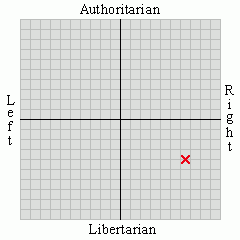[WARNING: minor spoilers; go to the last line if you want to see the musical fresh]

The state of the entertainment industry, in Britain and America is such a case. The system is so shot through with politics that certain very normal, realistic events and characters are simply unthinkable.
I went with my wife to see Les Misérables recently, and some of the value of the play is the almost unthinkable behaviour of the characters.
When the main character, Jean Valjean, steals from the Catholic Priest and is caught, we assume that a Priest is going to be a terrible man who wants him hanged. Instead the priest claims to have given Jean the things he stole, even claiming he left more silverware behind and giving him the candlesticks. He had seen Jean as a desperate man who needed help and compassion, even if he did not deserve either.
When Valjean becomes a wealthy, powerful man, he is an important local employer. Much to our surprise he is shown as caring about his workers, but also satisfied that his enterprise is employing others; when he fears he will be returned to prison for breaking parole, one of his main concerns is for the people who would then lose their livelihoods.
Both of these characters are so surprising to us, not because they are abnormal. Many Catholic Priests are very generous, patient, kind and understanding. Many wealthy employers take great satisfaction in employing people and making a close community. What surprises us is that such characters are portrayed on stage. We are used to evil, small-minded or bigoted Priests and grasping, self-serving employers.
The musical is of course based on a book written long before such portrayals became ubiquitous. It is not politically biased, but does also touch other ideas that seem odd to the modern filmgoer or television viewer. The anti-royalist student radicals are naïve, well-meaning and courageous, but also their leader is shown to be uncaring of an individual, interested in the people but seemingly only as an ideal. That seems a very perceptively-written character. There are themes throughout of personal responsibility and the evils of an uncaring, impersonal government in the person of the police officer Javert, who is not a bad man but is the antagonist of the piece through just following his perceived duty as an officer of the law.
Oh, it’s a great musical by the way, I thoroughly recommend it. Matt Lucas (of Little Britain fame) made a fantastic innkeeper.




0 comments:
Post a Comment